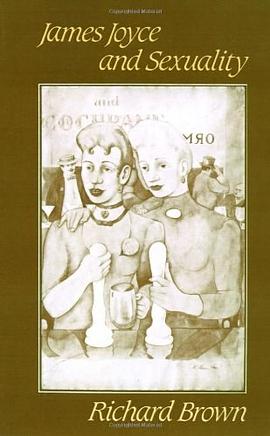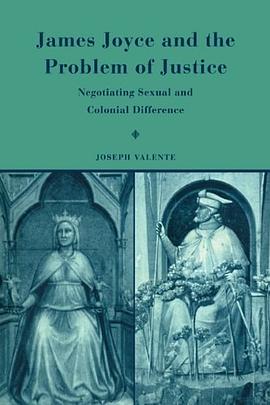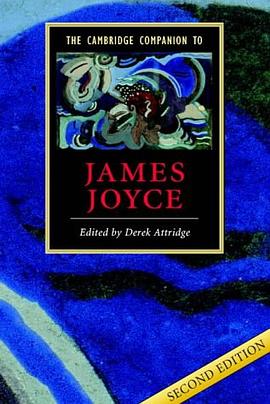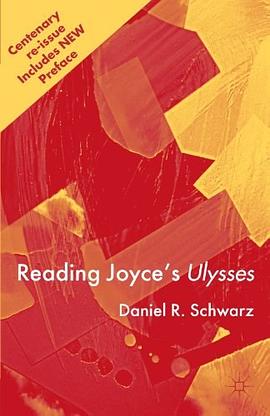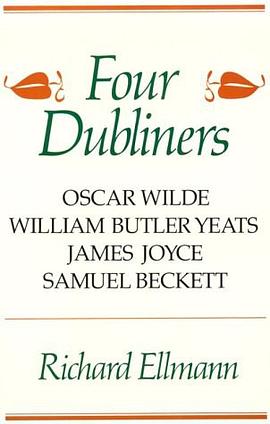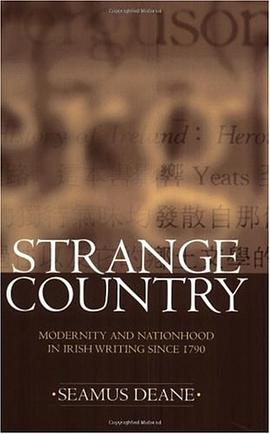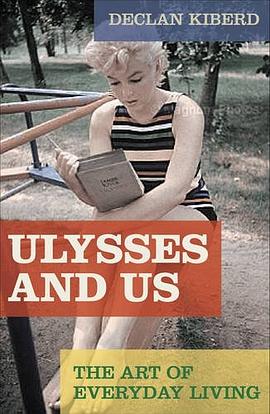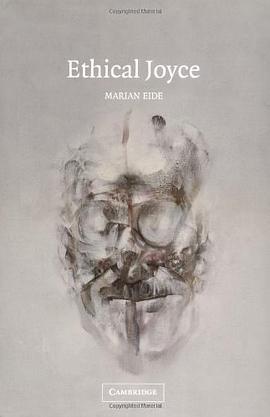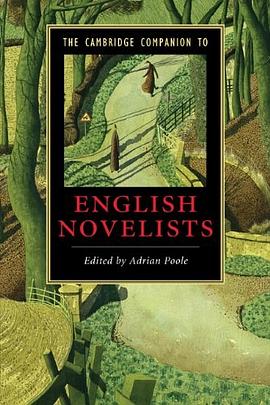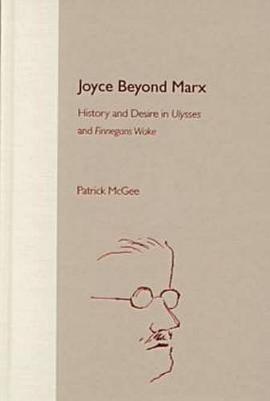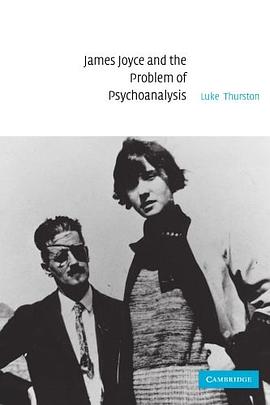

具体描述
"Provocative, wide-ranging, and gracefully written... glows with intelligence. It is the work of a socially responsible critic without a shred of showiness or self-indulgence... I think this book will help change the way we read Joyce, for good". -- R. Brandon Kershner, University of FloridaIn the first book-length study of a "Marxist" Joyce, Trevor Williams takes as his starting point Joyce's assertion that Dublin was a "paralysed city". He identifies those power structures within its civil society and private relationships -- so clearly drawn by Joyce in Dubliners, A Portrait of the Artist as a Young Man, and Ulysses -- that lie at the heart of that paralysis. More importantly, however, Williams shows how in Joyce the paralysis is always provisional, and explores the ways in which Joyce's characters do indeed demonstrate means of resistance to the British state, to class distinctions, to clerical hegemony, and to power imbalances in familial and sexual relationships.In the process, Williams reviews the early criticism leveled against Joyce by the left, in particular by the First Congress of Soviet Writers in 1934. He also engages contemporary Joyce critics, including Fredric Jameson, Franco Moretti, and Terry Eagleton, many of whom have attempted to redress the leftist attacks on Joyce and to demonstrate his relevance to a postcolonial critical approach.Unusually free of the dogmatism and economism so frequently associated with Marxist literary criticism, Williams's reading of Joyce draws from the "humanist" tradition of Marxism and from contemporary feminist theory in what is ultimately a blend of provocative theory and close textual reading.
作者简介
目录信息
读后感
评分
评分
评分
评分
用户评价
相关图书
本站所有内容均为互联网搜索引擎提供的公开搜索信息,本站不存储任何数据与内容,任何内容与数据均与本站无关,如有需要请联系相关搜索引擎包括但不限于百度,google,bing,sogou 等
© 2025 book.wenda123.org All Rights Reserved. 图书目录大全 版权所有


